How to Prevent (Home) Buyer’s Remorse
How to Prevent (Home) Buyer’s Remorse
Buying a home is one of the biggest—and most emotional—purchases you’ll ever make. Between bidding wars, tight timelines, and financial pressure, it's easy to rush into a decision that leaves you second-guessing yourself once the dust settles. That sinking feeling? It’s called buyer’s remorse. But the good news is, it’s avoidable.
Here’s how to stay confident in your home purchase and prevent regret from creeping in after closing day.
1. Know What You Truly Need vs. What You Want
Start with a clear list of your non-negotiables—things like number of bedrooms, school district, commute time, or accessibility. Then make a separate list of nice-to-haves like a pool, walk-in closet, or gourmet kitchen.
When tough decisions come up, having these priorities written down can keep you grounded and help you avoid being swayed by shiny features that don’t fit your lifestyle.
2. Set—and Stick To—Your Budget
One of the fastest paths to buyer’s remorse is stretching beyond your financial comfort zone. Just because a lender pre-approves you for a certain amount doesn’t mean you need to spend it all.
Think long-term: Can you afford this home if interest rates rise? What if property taxes increase or a major repair is needed? Build in a financial cushion to protect your peace of mind.
3. Take Your Time (If You Can)
While acting quickly is often necessary in a hot market, try to avoid being too rushed. Touring multiple homes—even if you're in love with the first one—helps you compare options and spot red flags. Pressure leads to impulse decisions; knowledge builds confidence.
4. Do Your Due Diligence
This includes a thorough home inspection, reviewing HOA rules (if applicable), researching the neighborhood, and understanding your mortgage terms. Surprises after closing—like structural issues or unexpected fees—are a top trigger for buyer’s remorse.
Your agent should help guide you through this, but don’t be afraid to ask lots of questions. The more you know, the fewer regrets you’ll have.
5. Visualize Living There—Not Just Buying It
During showings or virtual tours, picture your daily life in the home. Where would you drink your morning coffee? Can your furniture fit? How’s the natural light during the day?
If you’re only thinking about resale value or investment potential, you might miss signs that the house doesn’t actually suit your needs or lifestyle.
6. Resist Emotional Overbidding
It’s easy to get caught up in the competition. But paying significantly over asking just to “win” can backfire emotionally and financially.
Make sure your offer is based on comparable sales, a realistic appraisal, and your budget—not panic or pressure.
7. Work With a Trusted Real Estate Agent
An experienced agent isn’t just a home finder—they’re your advisor, advocate, and negotiator. They’ll help you stay focused, avoid costly mistakes, and make informed decisions with your best interests in mind.
If you’re feeling unsure or overwhelmed at any point, lean on them for guidance.
8. Remember: No Home Is Perfect
Even your dream home will have quirks and compromises. Focus on the big picture and the things you can change over time. Buyer’s remorse often stems from expecting perfection—and being surprised when reality sets in.
Give yourself grace and remember: You made the best decision you could with the information and resources you had.
Final Thoughts
Homebuying doesn’t have to end with second thoughts. With clear priorities, realistic expectations, and the right support, you can move forward with confidence—and no regrets.
Thinking about buying but nervous about making the wrong move? Let’s talk strategy and make sure your next home feels just right.
Michelle Roberts is a trusted REALTOR® since 2007 helping families buy and sell real estate across Coastal North Carolina. As the founder of Reignited Real Estate, Michelle is known for her commitment to service, ethics, and community-driven solutions. She specializes in residential homes, land, and affordable housing—and proudly represents Cape Fear Habitat for Humanity in transactions pro bono. Michelle has served on the Cape Fear REALTORS® Board of Directors and led the “100 Homes in 100 Counties” initiative, investing nearly $2 million into affordable housing across the state. Whether you're buying your first home, exploring investment property, or navigating land development, Michelle offers unmatched local knowledge and a heart for helping others.
Serving Coastal North Carolina real estate buyers and sellers in: Wilmington, Wrightsville Beach, Carolina Beach, Leland, Southport, Calabash, Bolivia, Ocean Isle Beach, Sunset Beach, Holden Beach, Jacksonville, Hampstead, Holly Ridge. Surf City, Topsail Beach and beyond.
📍 Workforce Housing Specialist | Military Relocation Specialist | Graduate REALTOR® Institute | At Home with Diversity | C2EX | Luxury Housing Specialist | e-Pro | Accredited Buyers Agent
📞 Let’s connect:
www.michelleroberts.realtor





